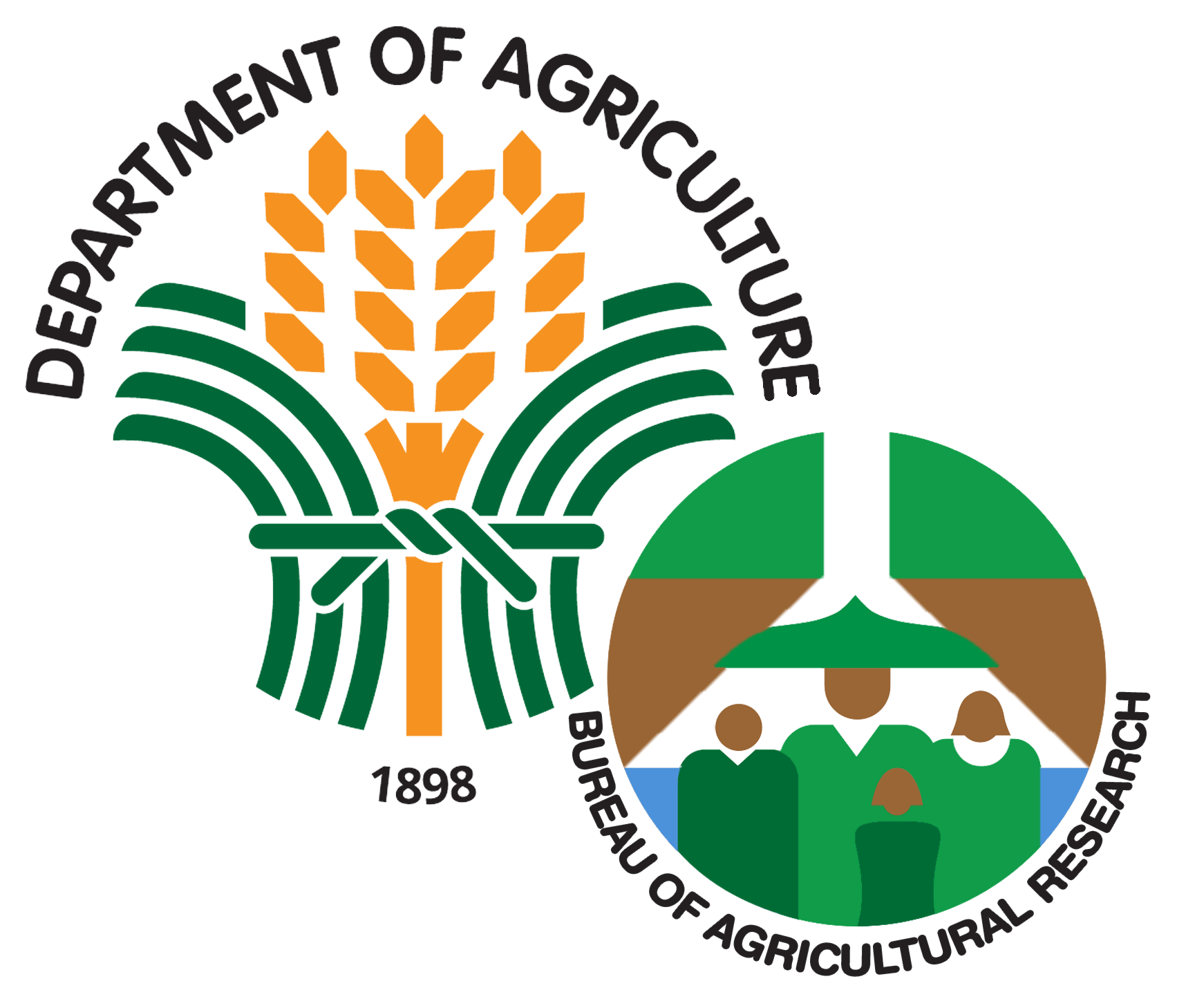DA-Central Visayas produced and distributed 30,000 plantlets to active farmer associations of the identified 30 municipalities under the DA-BAR-funded project on the mass production and distribution of quality planting materials through micro-propagation techniques.
Thirteen farmer associations from Cebu, 10 from Bohol, 5 from Negros Oriental, and 2 from Siquijor were among the recipients, with target area for planting of 9,000 sqm/1000 plantlets following 3X3m planting distance.
Implemented in the three research stations of the DA-Central Visayas: Cebu Experiment Station, Southern Cebu Farming System Research and Development Satellite Station, and Bohol Experimental Station, a half-hectare techno-demo farm in Barili, Cebu, is planted with 550 hills of tissue cultured banana planting materials to showcase banana production using tissue culture planting materials combined with proper cultural management. This provides a learning platform for farmers to apply these technologies on their farms.
In order for the project partner associations to understand the processes that the plants go through before they reach them, it was explained how to produce quality banana planting materials in large quantities utilizing the in vitro approach in a laboratory setting. Full procedure was covered, from choosing the optimal explant to stabilizing the plantlets in the laboratory and in nursery. Also presented was an interactive discussion on pest control including typical diseases of banana and its management. The trainors-training for agriculture technicians and municipal agriculture officers mustered to mentor the farmers were also conducted.
Banana tissue culture or micropropagation uses the shoot tip of daughter suckers. The process consists of five important steps: collection of explants, culture initiation, culture proliferation, rooting of culture, and acclimatization and hardening.
Through tissue culture, mass propagation of disease-free planting materials could be achieved in a short period of time. It also rejuvenates the plants resulting in more vigorous growth, higher yields, better quality fruits, early fruiting, and more uniform crop growth than those by conventional means.
The farmers embraced the technology with warm gratitude and appreciation that allowed them to diversify crops in their respective farm areas in an effort to increase production and augment livelihood incomes in the countryside.
During the Farmers’ Field Day at the technology demonstration farm in Barangay Gunting, Barili, Cebu, 100 individuals, 80 of which are farmers from various farmer associations assisted by the project attended. The farmer associations were Taloot Farmers Association, Kangdampas Farmer Association, and Lulumpan United Farmers Association.


